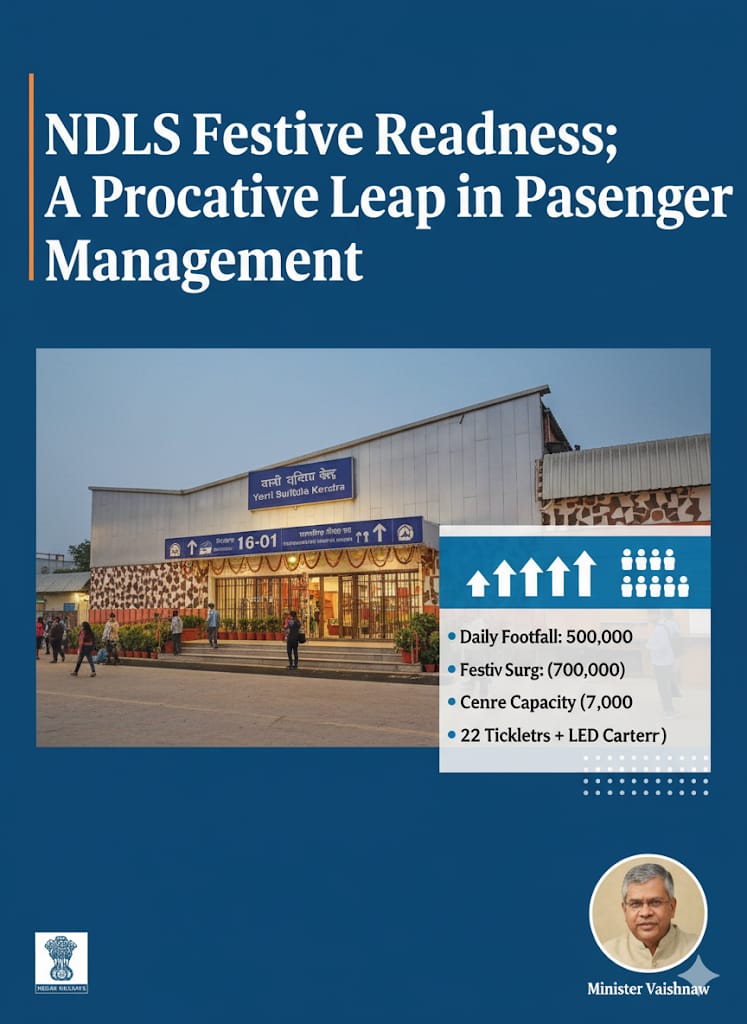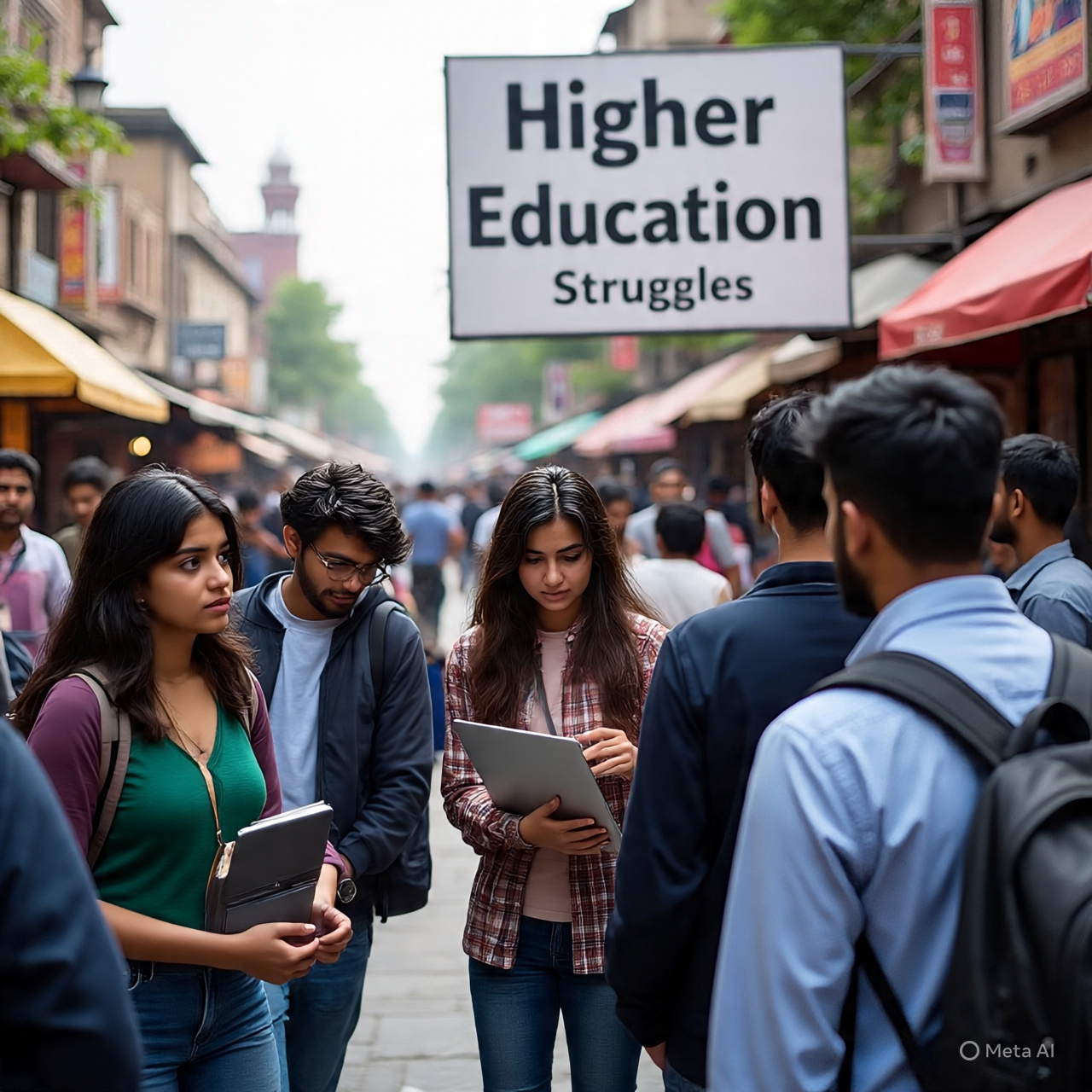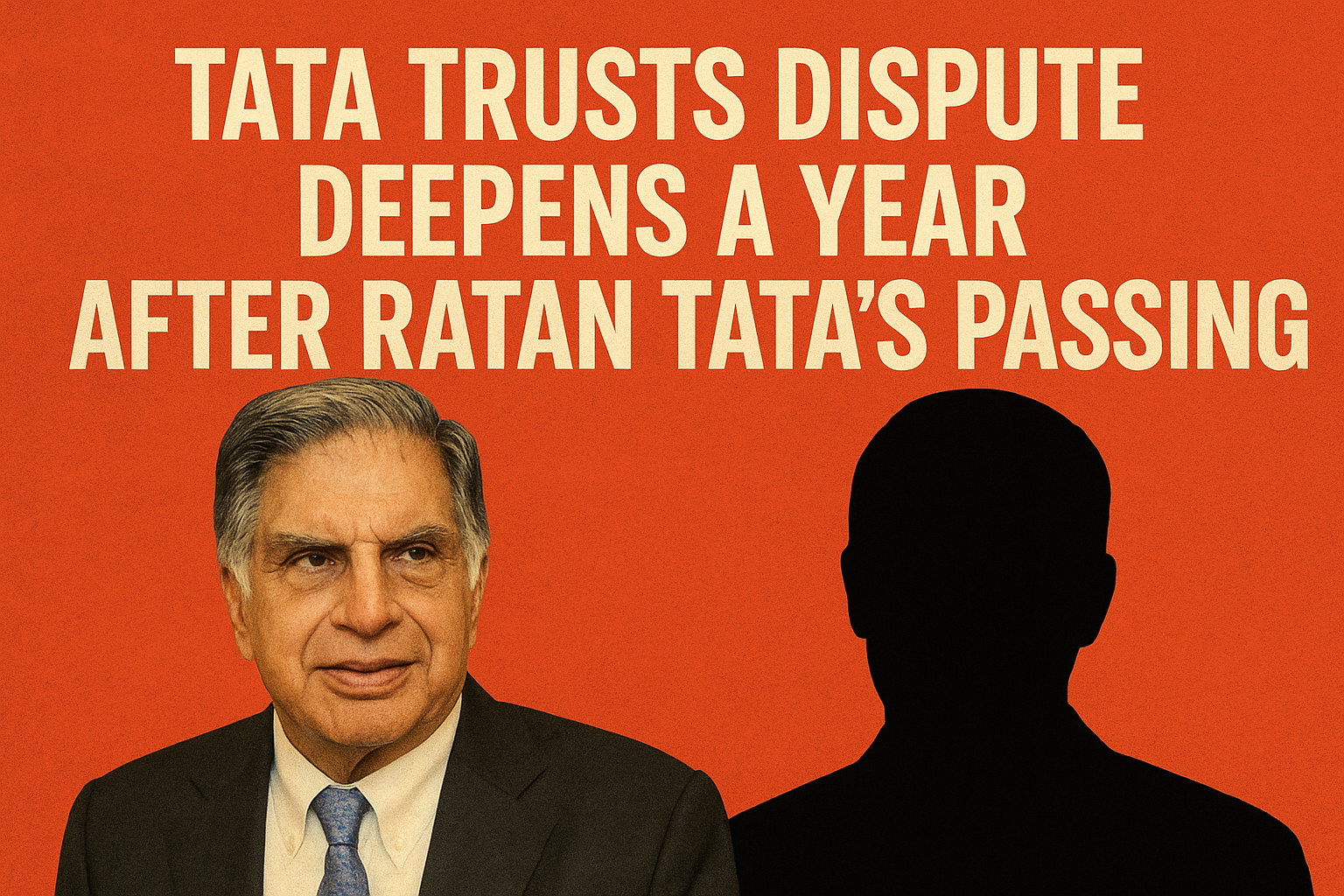
Delhi University (DU) has introduced a significant academic reform for undergraduate students. Starting academic cycle 2025, those enrolled in BA, BSc, and BCom Programme courses can also earn an honours degree by choosing to study for a fourth year. This move is part of the university’s push to bring more flexibility and depth into undergraduate education under the new National Education Policy (NEP) 2020.
Earlier, the honours track was only available to students who enrolled directly into honours programmes. Programme students—often studying more general or interdisciplinary subjects—did not have this opportunity. However, under the Undergraduate Curriculum Framework (UGCF) 2022, all students, regardless of their initial track, are now eligible to extend their studies to a fourth year. This final year offers an option to specialise further and even undertake research work, depending on the chosen path.
To qualify for an honours degree, programme students will need to complete additional subjects in the fourth year. These include Discipline-Specific Electives (DSE) and Skill Enhancement Courses (SEC). Students who fulfil these academic requirements will be awarded the honours degree. The honours with research option, however, will primarily remain available to those who began their studies in the honours stream, as per university guidelines.
The decision was recently approved by DU’s executive council. Members noted that many programme students are expected to continue into the fourth year, and the university felt it was necessary to provide them with an equal opportunity to graduate with honours. The reform is aimed at boosting both academic growth and career readiness.
Raj Kishore Sharma, Dean of Research at Delhi University, said the policy was framed to address student concerns. Many students from programme courses had expressed uncertainty about the value of continuing into the fourth year. As these courses attract a large number of applicants each year, DU wanted to ensure that they offered strong academic and professional outcomes.
Still, the policy faces implementation challenges. Applying this uniformly across all DU colleges—especially for students from the School of Open Learning (SOL) and Non-Collegiate Women's Education Board (NCWEB)—may be complex. These students often follow different learning modes and may not have the same access to labs, research guidance, or entrepreneurship mentorship. Completing dissertations or academic projects could be more demanding for them.
Despite these concerns, the reform is largely seen as a progressive step. Many international universities follow a four-year undergraduate model, and DU’s decision aligns Indian higher education more closely with global standards. It also helps students explore subjects more deeply, giving them an advantage in applying for jobs or higher studies.
Students who choose not to opt for the fourth year will still receive a standard three-year degree. But those willing to take on the added academic load in the fourth year can now graduate with an honours degree—a notable academic upgrade for programme students.
For students currently in their third year of programme courses, this is the right time to plan ahead. Speaking to college counsellors or mentors can help identify the right electives and skill-based courses to pursue. The new policy offers a chance to enhance the academic value of their degree and stand out in future applications.
Overall, Delhi University’s move adds flexibility, clarity, and greater academic weight to programme courses—providing students a better platform to build their future.




.jpeg)

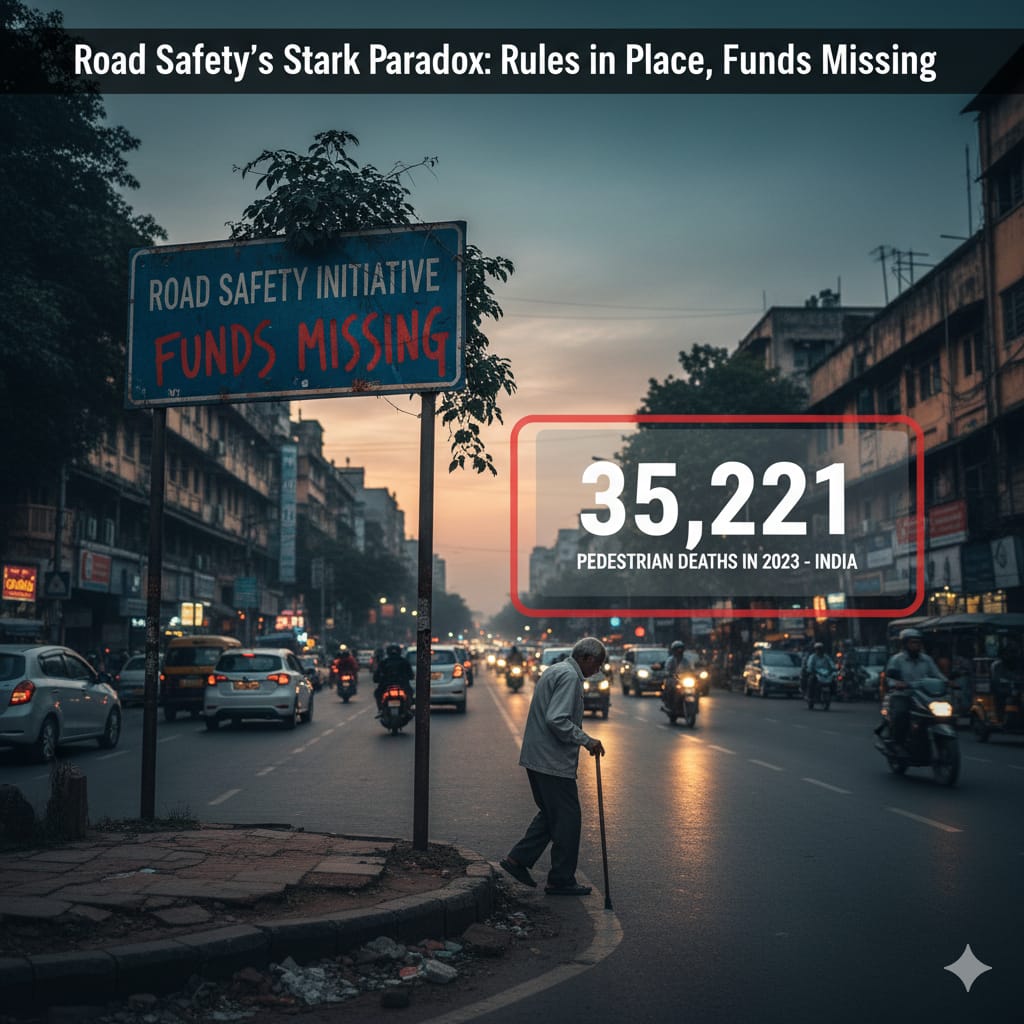
.jpeg)

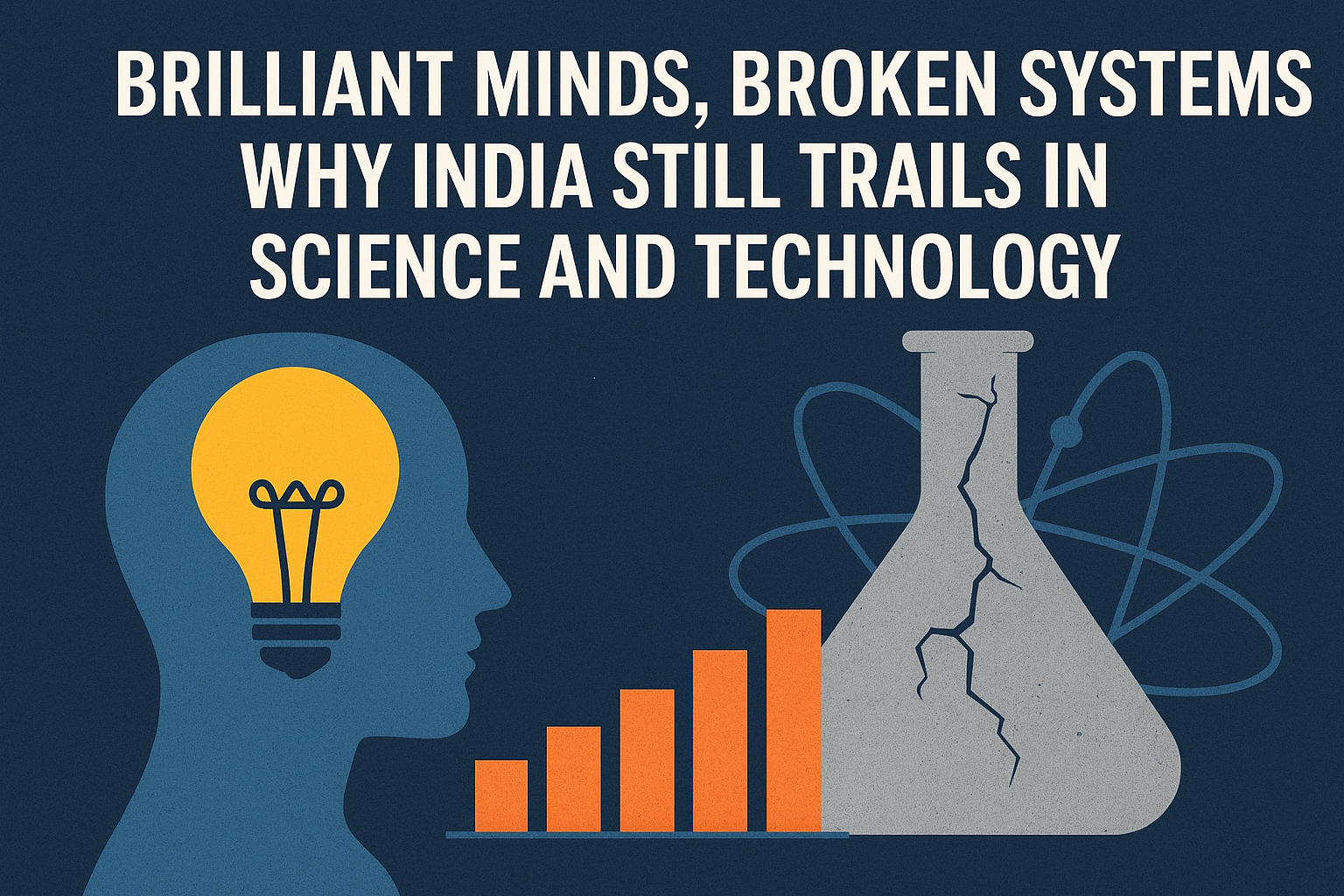


.jpeg)
